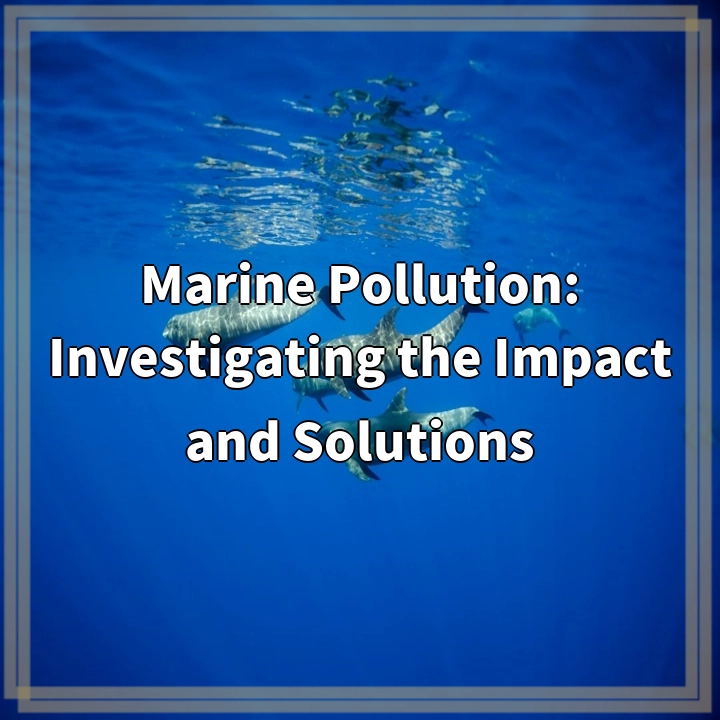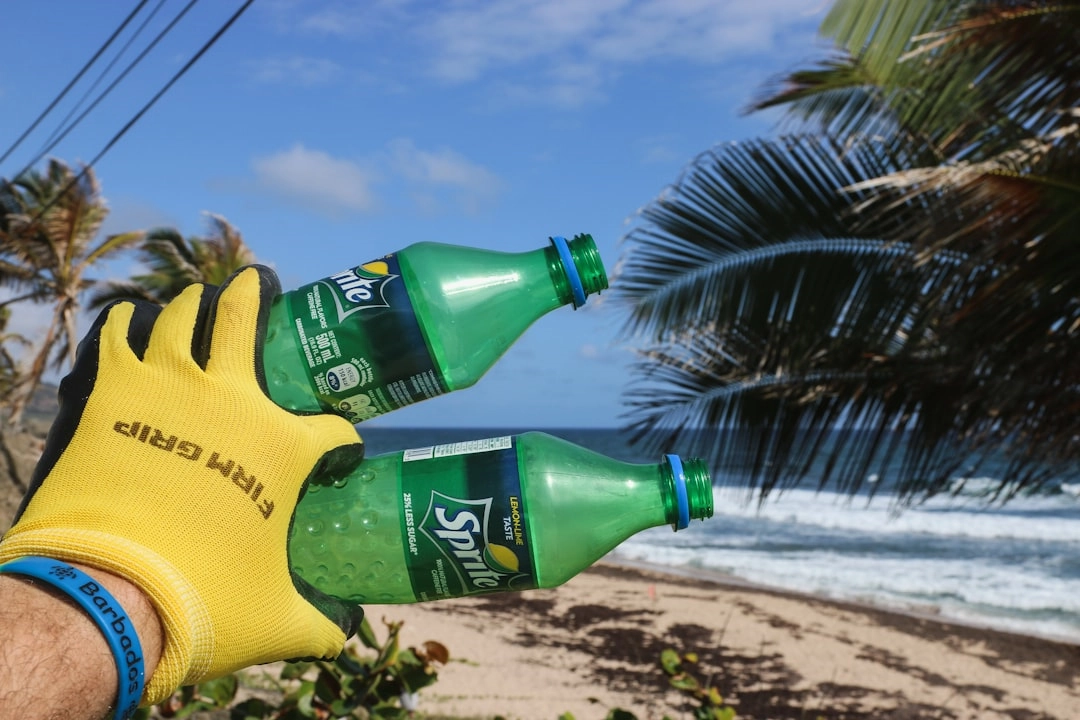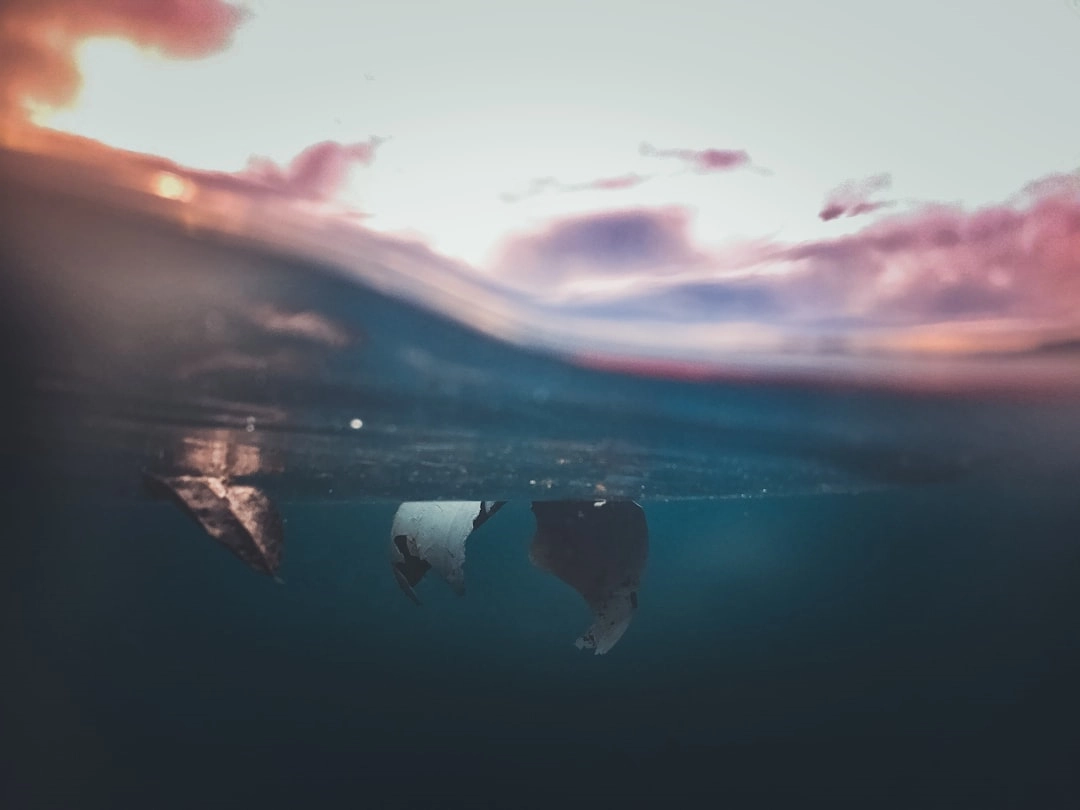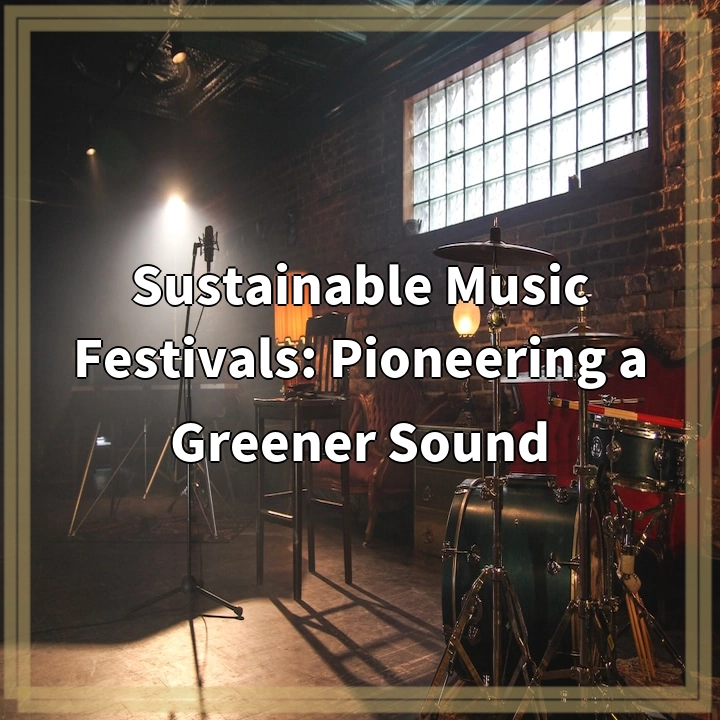
What it is:
Marine Pollution: Investigating the Impact and Solutions
Marine pollution refers to the contamination of the ocean and other bodies of water by human activities. It is a global environmental issue that poses a significant threat to marine ecosystems, as well as human health and well-being. This form of pollution encompasses a wide range of substances and materials, including plastics, chemicals, oil spills, sewage, and agricultural runoff.
Marine pollution can originate from a variety of sources, both land-based and ocean-based. For instance, industrial activities, improper waste disposal, and urban runoff can introduce harmful substances into marine environments. Similarly, shipping accidents, offshore oil drilling, and aquaculture practices can also contribute to the contamination of marine ecosystems.
Real-World Problems:
Destruction of Marine Ecosystems
One of the main concerns regarding marine pollution is its detrimental impact on marine ecosystems. Contaminants can have severe consequences for marine life, leading to the destruction of habitats, loss of biodiversity, and negative effects on the food chain. Chemical pollutants can accumulate in the tissues of marine organisms, causing physiological harm and disrupting reproductive systems.
Threat to Marine Species
Marine pollution poses a significant threat to various species of marine animals and plants. Plastic debris, for example, can entangle marine mammals and birds, leading to injury or death. Sea turtles and marine mammals can also mistakenly ingest plastic, which can result in digestive issues, internal injuries, and starvation. Toxic substances in the water can further impact the development, growth, and reproductive abilities of marine organisms.
Human Health Risks
Marine pollution not only affects marine life but also poses risks to human health. Contaminated seafood, for instance, can contain high levels of toxins such as mercury, which, when consumed by humans, can have detrimental effects on the nervous system, developmental processes, and overall well-being. Additionally, coastal tourism and recreational activities can be negatively impacted by polluted waters, leading to economic losses for local communities.
In conclusion, marine pollution is a pressing issue with far-reaching consequences. From the destruction of marine ecosystems to the threats posed to marine species and human health, it is crucial to address this problem. In upcoming blog posts, we will explore potential solutions and initiatives aimed at mitigating marine pollution and restoring the health of our oceans.

Solutions to Marine Pollution:
Fighting Back: Solutions to Combat Marine Pollution
Marine pollution is a global issue that requires urgent action. Addressing this problem requires a multi-faceted approach, involving individuals, communities, industries, and governments. Let’s explore some potential solutions and initiatives aimed at tackling marine pollution:
Reducing Plastic Waste
One of the main culprits of marine pollution is plastic waste. To combat this, efforts must be made to reduce plastic consumption and promote sustainable alternatives. Implementing plastic bag bans, promoting reusable shopping bags, and encouraging the use of refillable water bottles are practical steps in reducing plastic waste and preventing it from entering our oceans.
Improving Waste Management Systems
Proper waste management is crucial to prevent waste from reaching the oceans. Governments and communities should invest in efficient waste collection systems, recycling facilities, and waste treatment plants. Educating the public about responsible waste disposal and the importance of recycling can also play a significant role in reducing marine pollution.
Regulating and Monitoring Industrial Discharges
The industrial sector contributes to marine pollution through various discharges into water bodies. Implementing strict regulations and monitoring systems can ensure that industrial waste is treated properly before being released into the environment. This includes monitoring effluents from factories, oil refineries, and wastewater treatment plants to prevent harmful substances from contaminating marine ecosystems.
Implementing International Agreements and Collaborations
Marine pollution is a global issue that requires international cooperation. Governments should work together to develop and implement international agreements and protocols to combat marine pollution effectively. Collaborative efforts can include sharing best practices, promoting research and innovation, and establishing frameworks for monitoring and enforcing regulations.
Encouraging Sustainable Fishing Practices
Overfishing and illegal fishing practices contribute to the degradation of marine ecosystems. Implementing sustainable fishing practices, such as enforcing fishing quotas and promoting responsible fishing methods, can help protect marine biodiversity and maintain the health of fish populations.
In conclusion, combatting marine pollution requires a combination of individual actions, community involvement, industry regulations, and international cooperation. By reducing plastic waste, improving waste management systems, regulating industrial discharges, implementing international agreements, and adopting sustainable fishing practices, we can work towards restoring the health of our oceans and safeguarding marine ecosystems for future generations.















